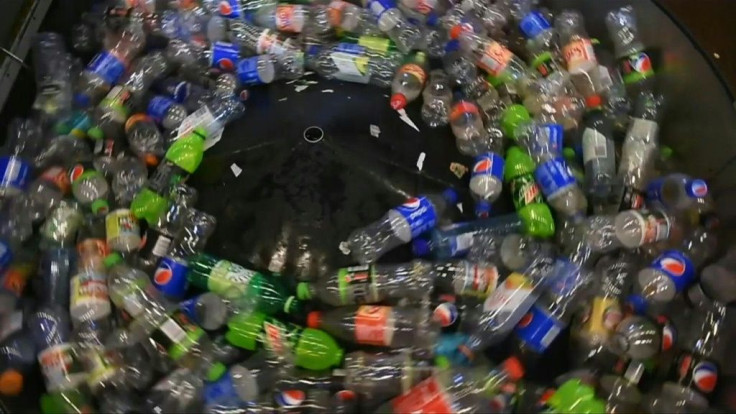BPA-Free Plastics Could Be As Harmful As Chemicals, Scientists Warn

KEY POINTS
- Some BPA-free products could be as harmful as those that contain BPA
- Scientists conducted an experiment using a mouse's placenta
- BPA alternatives could hinder early brain development
A new study has revealed that BPA-free products could be as harmful to human health as those that contain the toxic chemical. The chemical used to achieve a BPA-free composition can harm the brain development of humans.
BPA or bisphenol A is an organic synthetic compound that’s used in the manufacturing process of certain plastic products. Decades of research conducted on this chemical have revealed that it could cause placental diseases, pregnancy loss and other negative health issues after birth.
To stop the negative effects of BPA, most manufacturing companies turned to a chemical alternative known as bisphenol S (BPS) to produce plastic. Due to the absence of bisphenol A, plastic products made with bisphenol S became labeled as BPA-free, indicating that they are safe to use.
Unfortunately, the authors of a new study, which was published in the journal Proceedings of the National Academy of Science of the United States of America, warned that bisphenol S in plastic products could be as harmful to human health and development as bisphenol A.
The scientists came to this conclusion after conducting experiments using a mouse’s placenta. According to the scientists, a placenta was used since it acts like the historical record of the events that an unborn child goes through inside the womb.
Also, if the mother gets exposed to harmful chemicals, the effects could transfer into the child through the placenta. The placenta is also the main source of serotonin, a natural chemical that regulates the emotions and physical activities of humans.
“Synthetic chemicals like BPS can penetrate through the maternal placenta, so whatever is circulating in the mother's blood can easily be transferred to the developing child,” Cheryl Rosenfeld, the co-author of the study said in a statement.
After introducing BPS to the mouse’s placenta, the scientists observed how the chemical affected the organ. According to the scientists, the presence of the chemical hindered the production of serotonin. For an unborn child developing in the womb, exposure to BPS or certain BPA-free products could affect the development of the brain and its other functions.
“These chemicals have the ability to lower the placenta's serotonin production,” Rosenfeld explained. “Lower levels of serotonin can compromise fetal brain development because during this critical time in development the brain relies on the placenta to produce serotonin.”
“Thus, developmental exposure to BPA or even its substitute, BPS, can lead to longstanding health consequences,” she added.
© Copyright IBTimes 2025. All rights reserved.





















